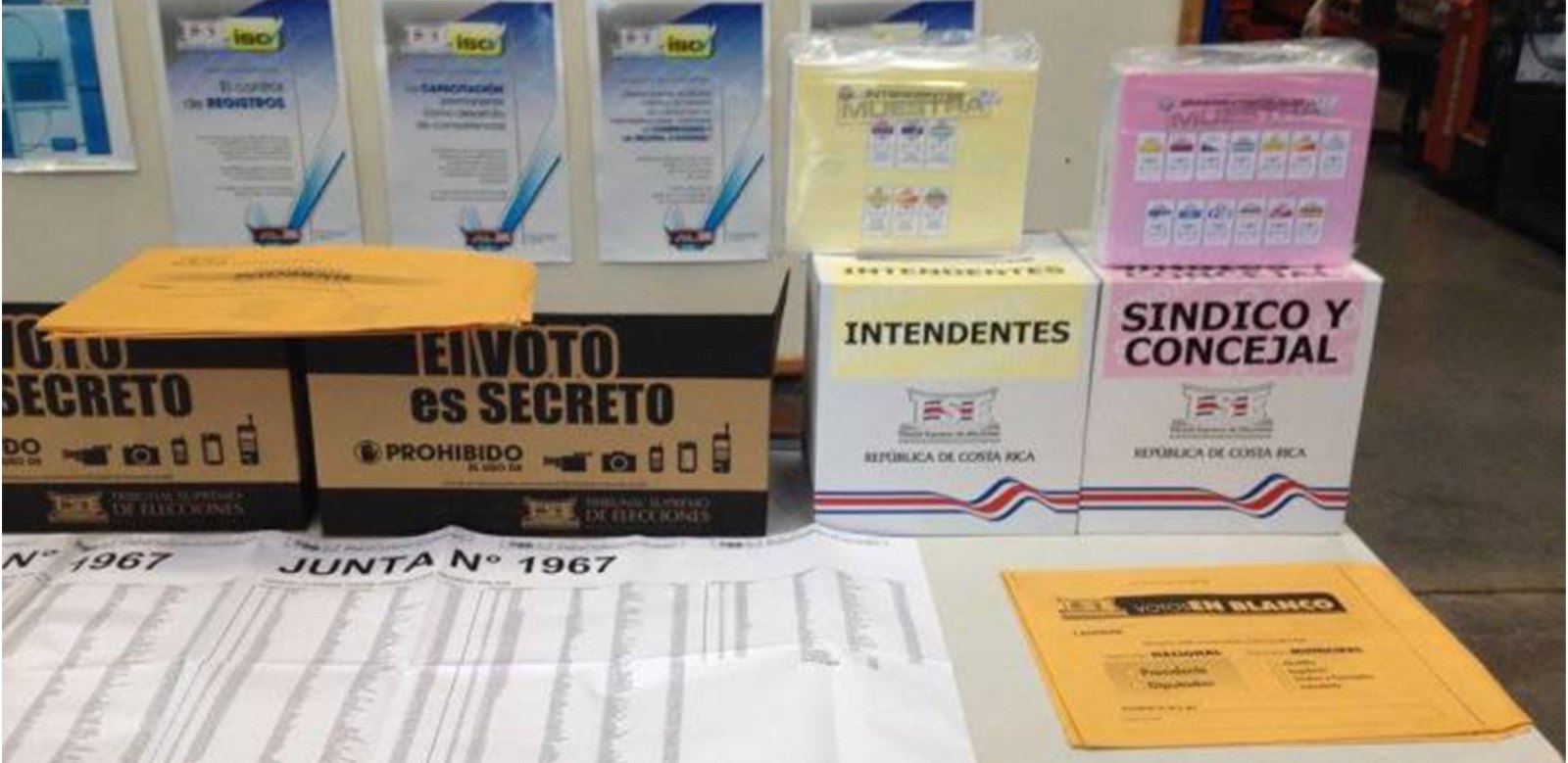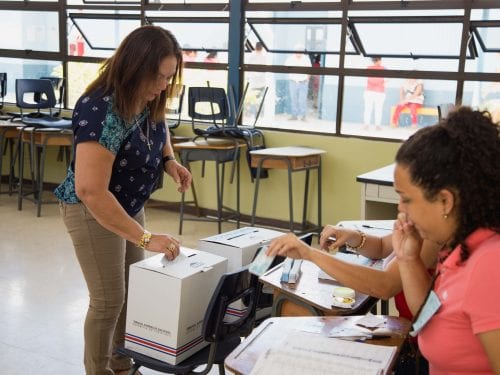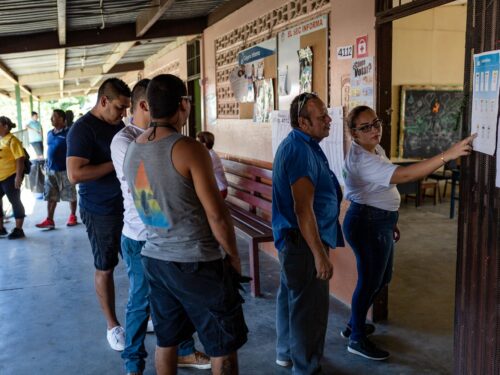
The year is just beginning and the municipal elections are already upon us. If you’re returning home from visiting Guanacaste’s beaches and volcanoes, you’re likely still not sure who you want to vote for on February 4.
The Voice wanted to make your life a little simpler and made a list of the different ways in which you can become informed (although it wasn’t easy at all) and we share some of them below.
Debates and interviews
According to Eugenia Aguirre, a researcher at the National Political Observatory, debates are the most appropriate forums for the population to be able to evaluate how candidates defend their proposals.
The State Distance University (Spanish acronym: UNED) and the Municipal Training and Development Institute organized debates in five of the 11 cantons of Guanacaste. Each one was broadcast through Facebook Live on the Onda UNED page.
If the canton in which you vote isn’t one of the above, you can also find broadcasts from the Guanacaste Decide program done on Trivisión Channel 36’s Facebook page. In this forum, they have interviewed, individually and in groups, those who are competing for the mayorships of the 11 cantons of the province.
“We have the tool of government plans but they’re not always well founded. So it isn’t only about reviewing the government plan, but also the profile of the candidates,” explained Aguirre.
You can also search for the Facebook pages of the political parties in each canton and their websites, if they have one, to check what information they have made available to voters.
And the plans, when?
Prior to the 2022 national elections, the Legislative Assembly approved a reform to article 148 of the Electoral Code called the Informed Voting Law, which obligated candidates to present their resume and a government plan.
The law did not take into account municipal elections, so the TSE published the plans of the parties that want to provide them voluntarily.
“The ideal would be a mandatory requirement so that each political group is obligated to do the exercise of planning and structuring its initiatives. I believe that a legal reform is urgently needed that allows these same conditions to be requested from candidates for mayor and council members,” Aguirre commented.
In case you want to thoroughly review the proposals of those who provide them, you’ll have to visit the Supreme Electoral Court’s (Spanish acronym: TSE) website. There, they will upload the municipal government plans that it has compiled from the different candidates to its website. Although there is nothing that guarantees that everyone will present one.







Comments